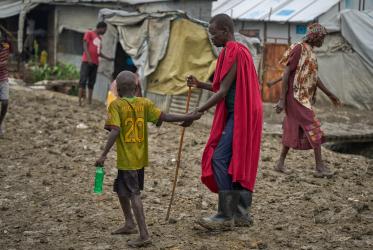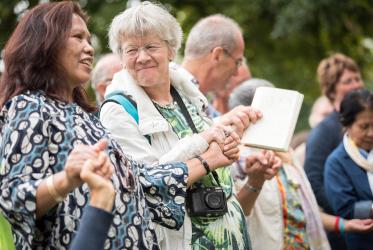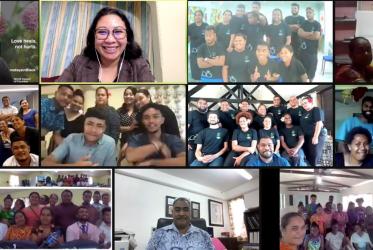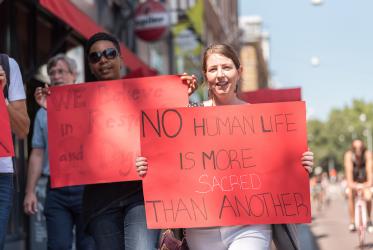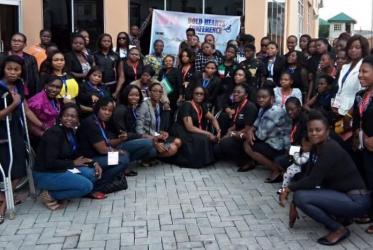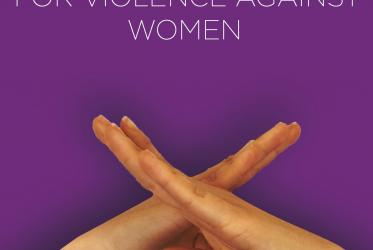Displaying 1 - 17 of 17
WCC executive committee tackles public issues
07 November 2018
Forum strengthens ecumenical commitment to diakonia
12 October 2017
WCC/UN conference calls for coordinated action on refugee crisis
20 January 2016
There is no excuse for violence against women
17 October 2014
Churches can do more to counter stigma, suffering of HIV and AIDS
22 February 2006
Liberia: women still suffer, and wait for justice
25 November 2004
